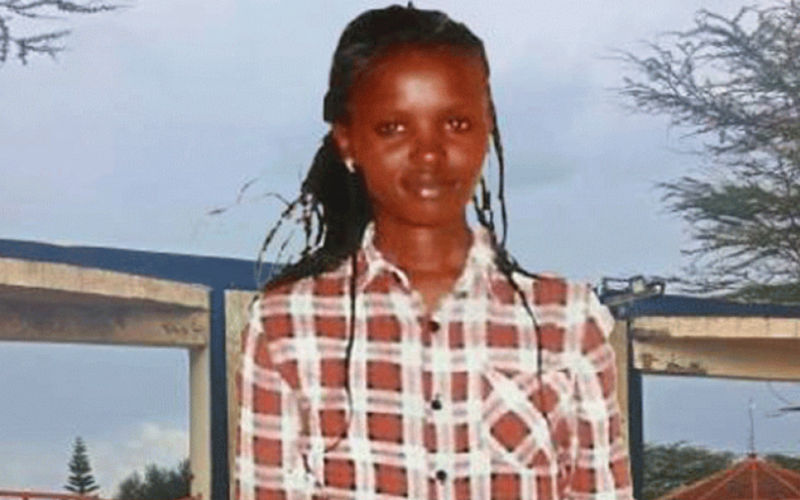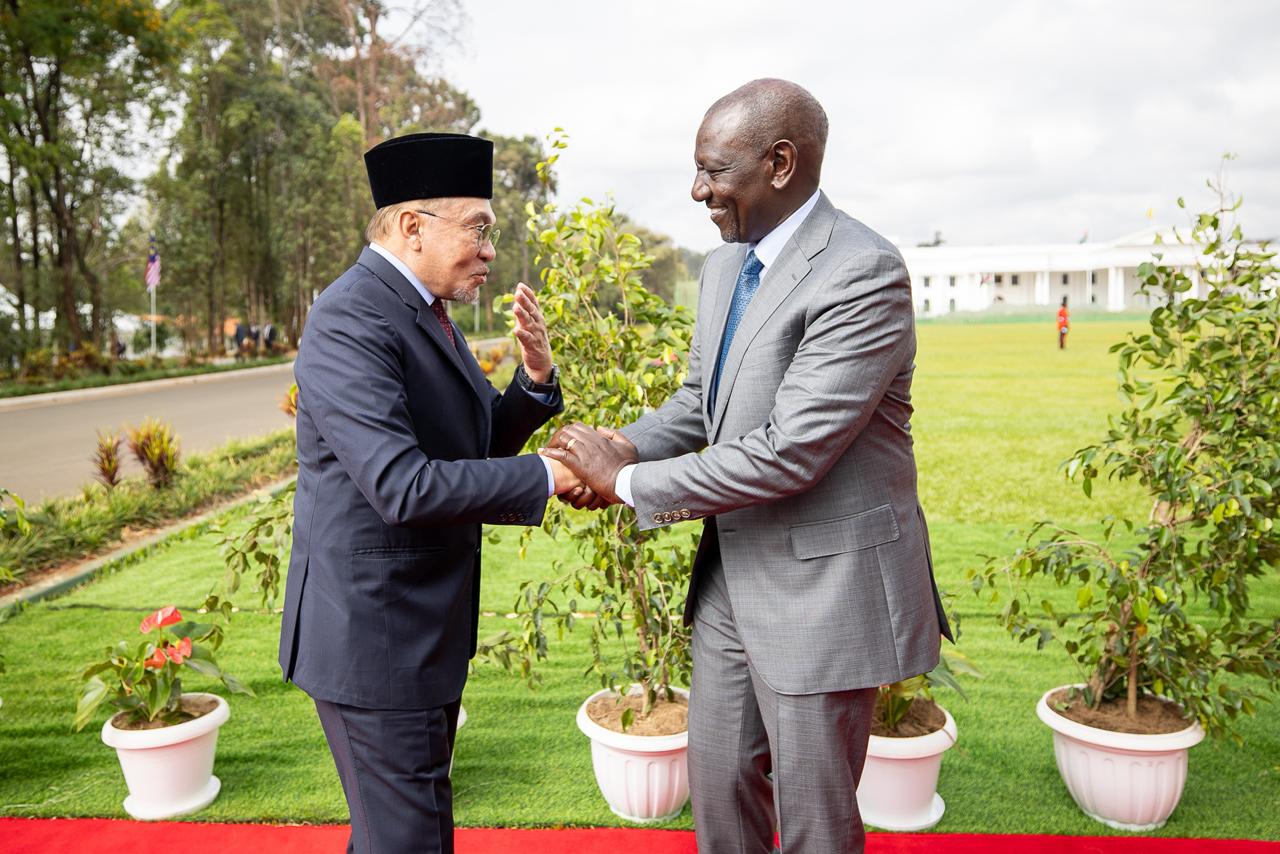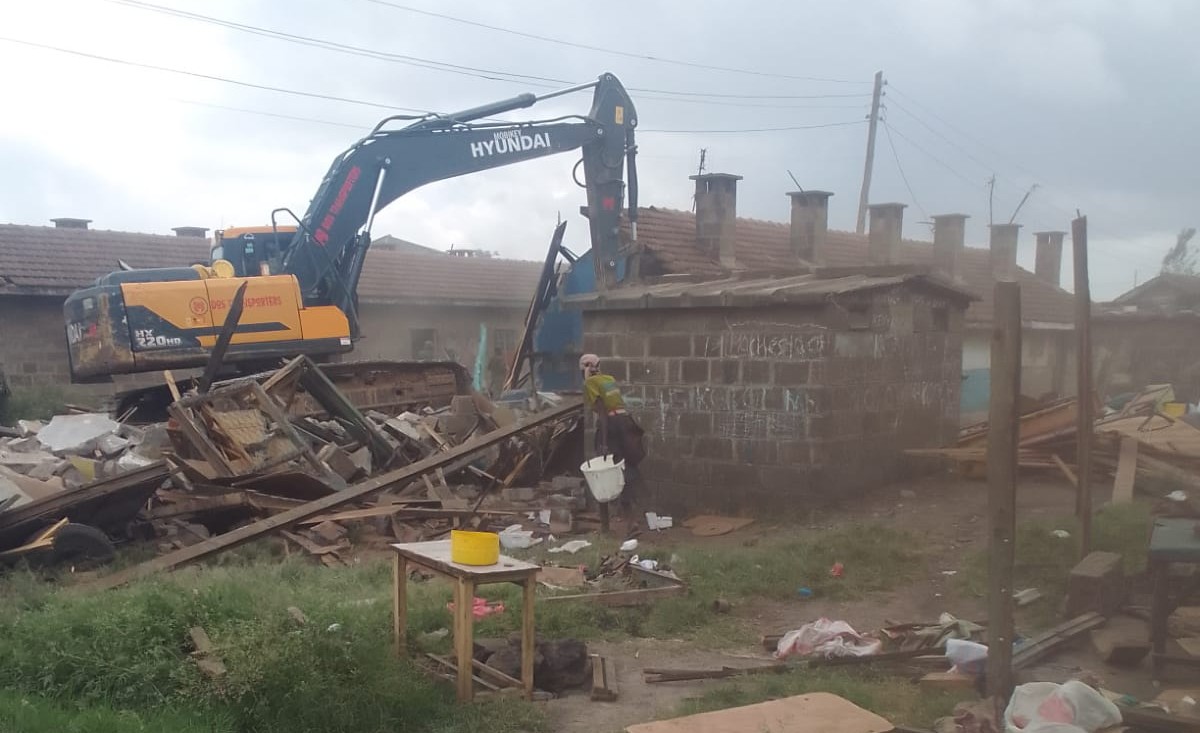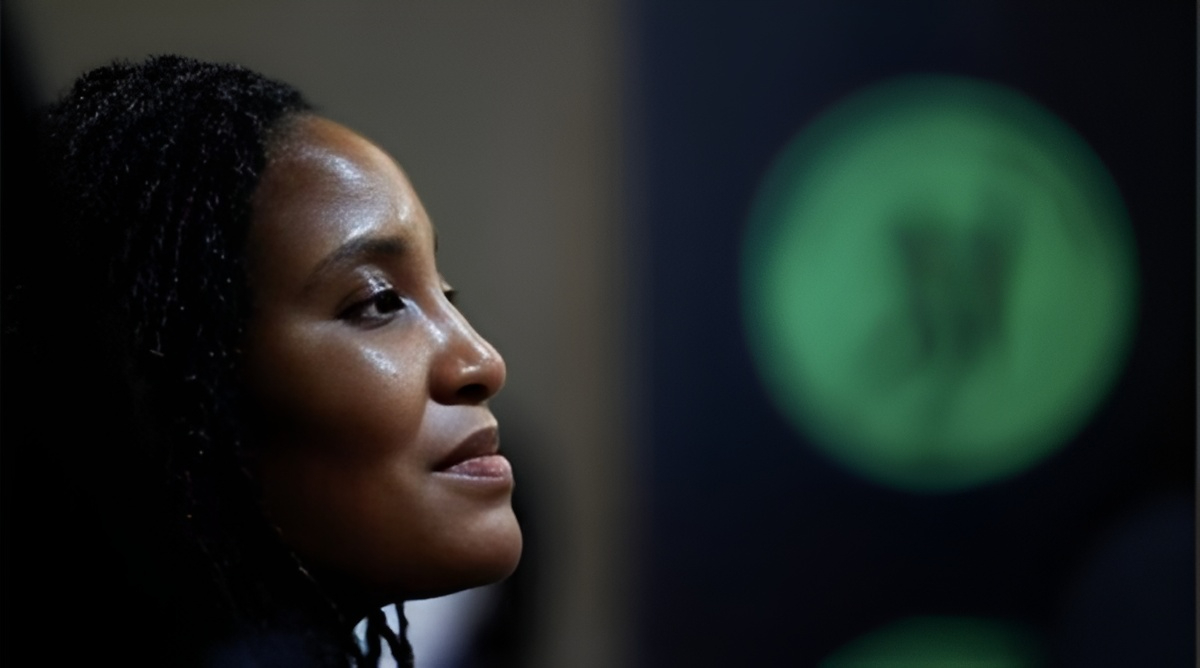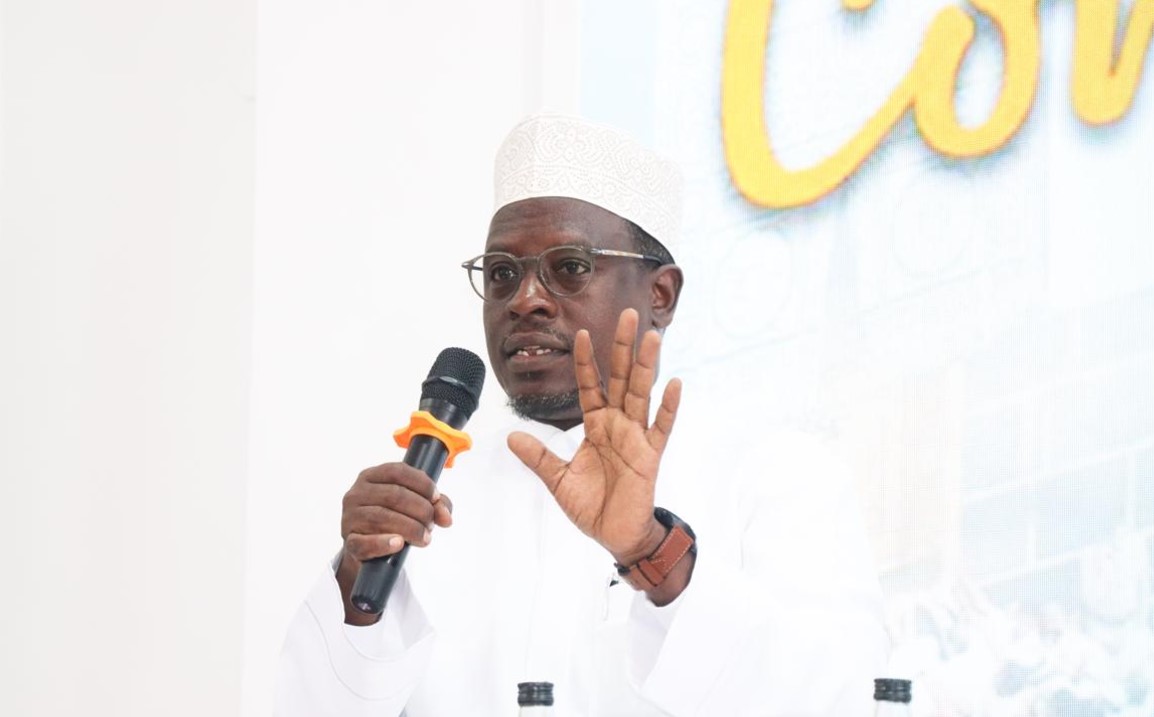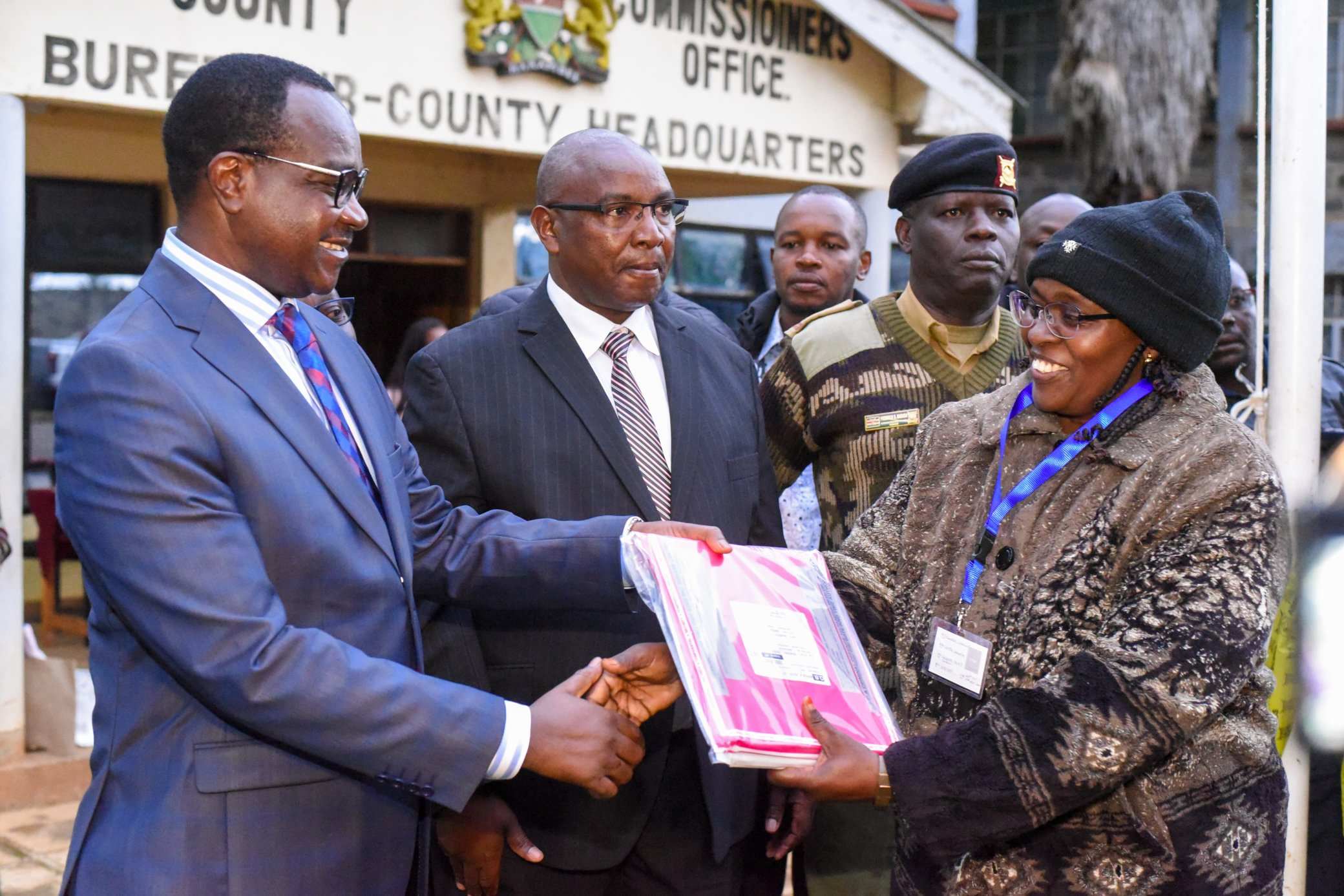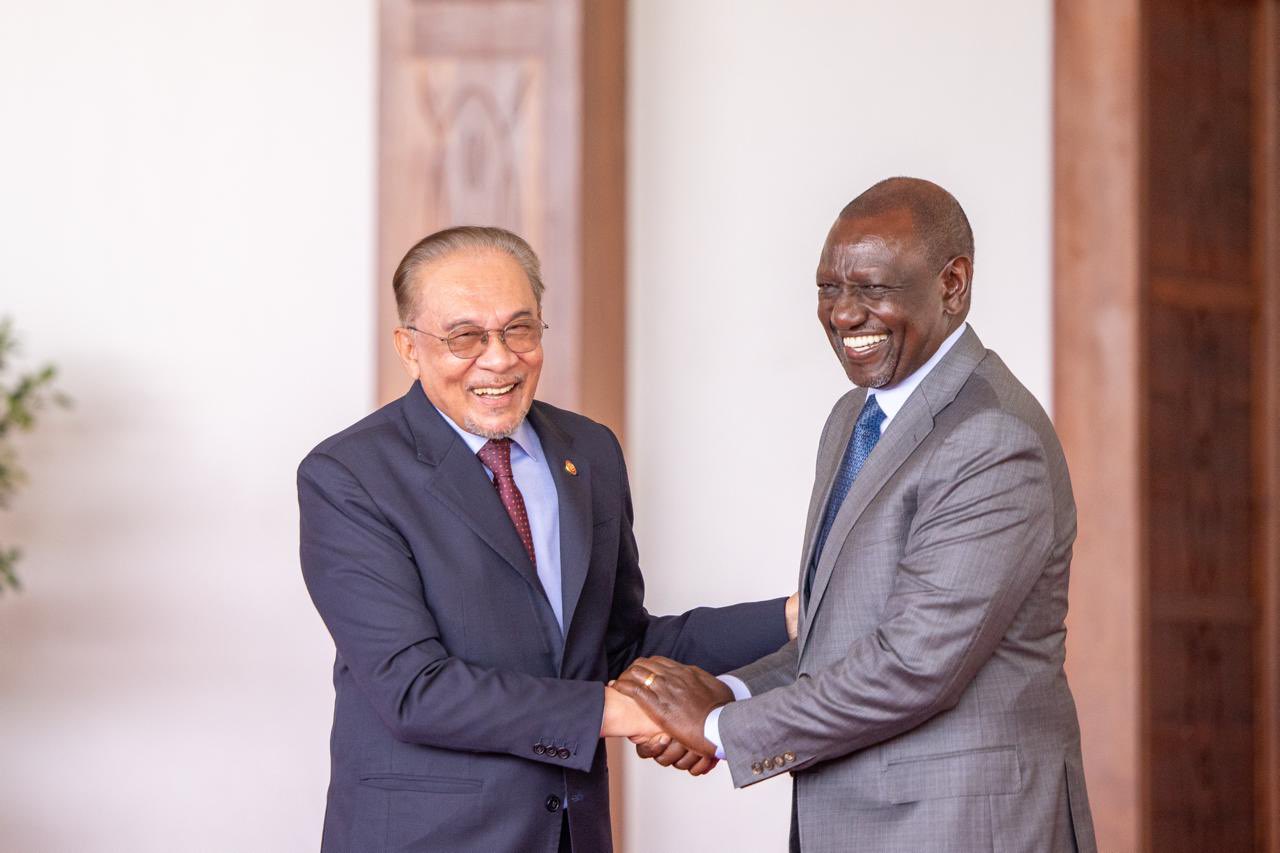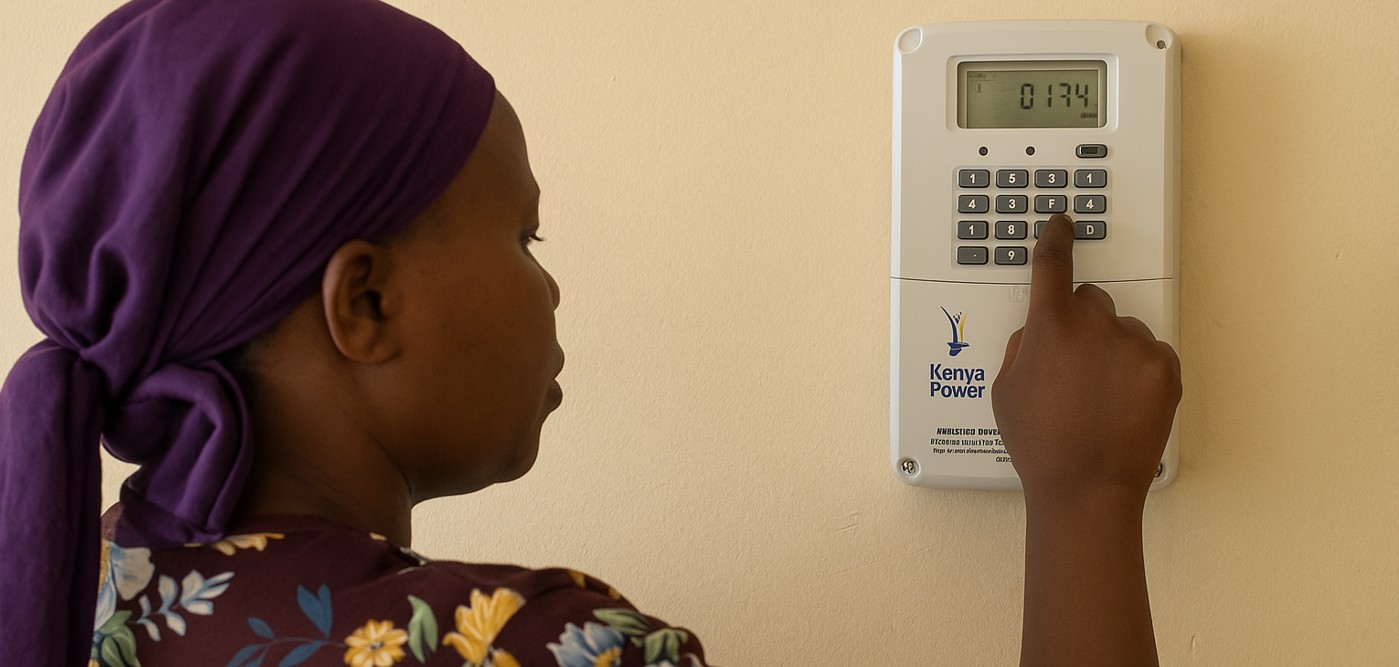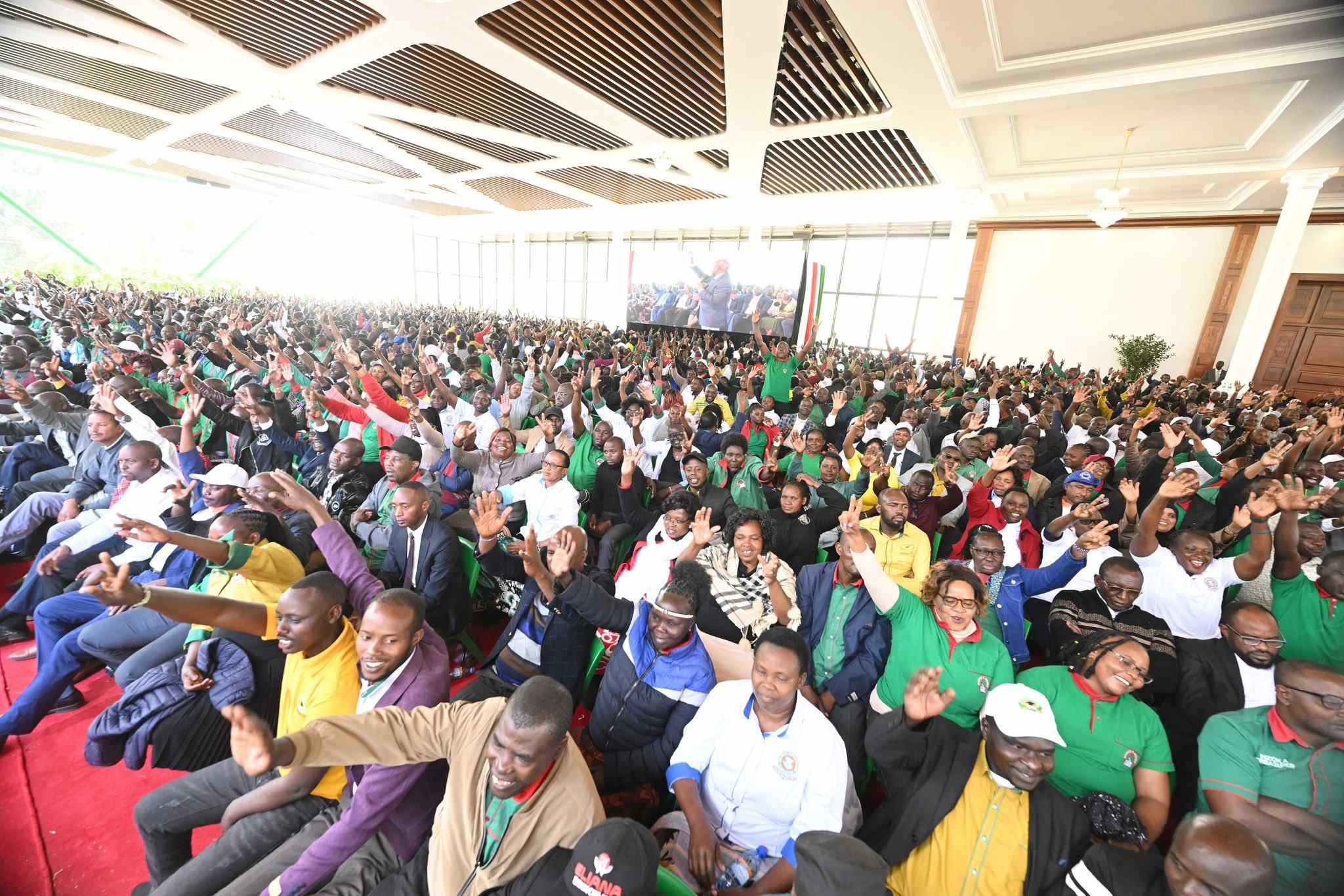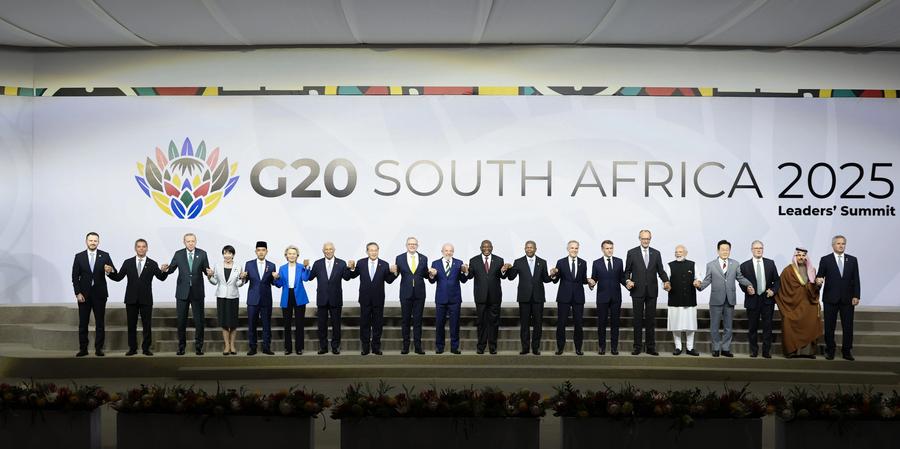Rwanda, DRC commit to fast-track full implementation of June peace agreement
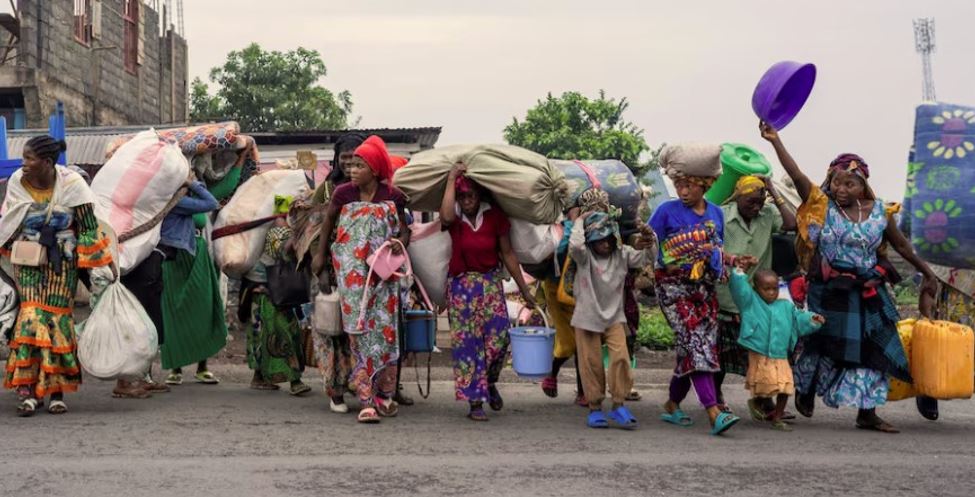
The move forms part of a series of measures aimed at ensuring adherence to the peace accord, also referred to as the Washington Accord, which commits the two states to work with regional and international partners to promote stability, security and development in the region, recognising that peace and prosperity are interdependent.
Rwanda and the Democratic Republic of the Congo (DRC) have agreed to immediately and unconditionally cease any state support to non-state armed groups, except where necessary to facilitate the implementation of the peace agreement signed on June 27, this year.
In a joint statement signed by the Governments of the United States of America, DRC, Rwanda, Qatar, Togo (as the African Union facilitator), and the African Union Commission during the second Joint Oversight Committee held this week in Washington, DC, the two nations also pledged to fast-track sections of the agreement concluded on June 27.
More To Read
- M23 rebels hands over minors taken from conflict zones in North Kivu, DRC
- UN decries ‘truly horrific’ massacres in DR Congo
- MONUSCO condemns ADF attacks that killed 89 civilians in North Kivu
- Kagame, Emir of Qatar highlight deepening ties after Kigali visit
- Rwandan, Belgian foreign ministers hold talks to mend ties after months of tension
- Rwanda, DR Congo talks move into ‘phase two’
"Committee members acknowledged the delays in implementation of some elements of the Agreement and underscored their shared resolve to ensure its complete and timely implementation to advance peace, stability, and prosperity in eastern DRC and the broader Great Lakes region. Discussions focused on addressing recent challenges to implementation, including reports of violence in eastern DRC, and identifying actionable steps to ensure compliance with the Agreement's provisions," the statement said.
The move forms part of a series of measures aimed at ensuring adherence to the peace accord, also referred to as the Washington Accord, which commits the two states to work with regional and international partners to promote stability, security and development in the region, recognising that peace and prosperity are interdependent.
Under the agreement, Rwanda and the DRC committed to respect each other’s sovereignty, territorial integrity, national unity and the peaceful settlement of disputes. Both acknowledged the necessity of a negotiated political resolution rather than a military solution.
To uphold the DRC’s territorial integrity, Rwanda agreed to the disengagement of forces and the lifting of defensive measures through the implementation of the Harmonised Plan for the Neutralisation of the FDLR. In return, to safeguard Rwanda’s territorial integrity, the parties committed to neutralising the Forces Démocratiques de Libération du Rwanda (FDLR).
“Members welcomed the upcoming meeting of the Joint Security Coordination Mechanism (JSCM) to accelerate efforts to neutralise support for the FDLR armed group and to advance Rwanda’s lifting of its defensive measures, in line with Appendix A of the Agreement. In preparation for the next JSCM meeting, the DRC affirmed that there is no policy of support for the FDLR and recognised the importance of taking concrete action accordingly. Rwanda, for its part, reiterated its respect for the DRC’s territorial integrity and acknowledged the importance of aligning its actions with that commitment,” the statement added.
The Committee members further welcomed the merger of the technical secretariats of the East African Community, the Southern African Development Community, and the African Union into one independent joint secretariat, underlining the AU’s central role in supporting implementation of the Peace Agreement.
The DRC and Rwanda also committed to establishing technical, intelligence and military channels for the direct exchange of information ahead of the next JSCM meeting in Doha. They affirmed that such measures are key to realising the full potential of the Regional Economic Integration Framework, which is expected to open critical economic corridors to support long-term development and stability.
In addition, both governments reaffirmed their commitment to facilitating the return of refugees in line with the outcomes of the Tripartite High-Level Ministerial held on August 8.
Qatar, meanwhile, provided an update on the ongoing DRC–AFC/M23 negotiations in Doha, which remain critical to securing a stable eastern DRC. The Governments of the DRC and Rwanda reiterated their obligation to lend full support to ensuring the successful conclusion of the Doha talks.
The Committee reaffirmed its resolve to convene regular meetings to address ongoing challenges, monitor progress and ensure effective implementation of the Peace Agreement.
Rwanda and the DRC also acknowledged the vital contributions and coordinated efforts of the United States, Qatar and the African Union, expressing their gratitude for continued support in advancing durable peace in eastern DRC.
Top Stories Today
